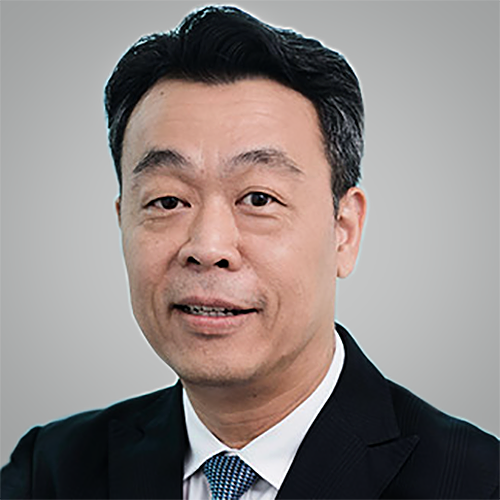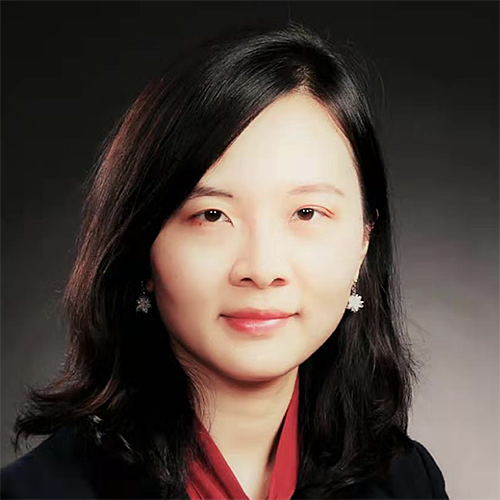Asian institutional investors are reviewing their current portfolios and leaning toward passive strategies, but their use of exchange-traded funds (ETFs) is mostly to meet specific needs, according to Cerulli Associates’ recently released report, “ESG and ETFs in Asia 2019: Assessing the Impact and Potential”.
Large institutions in markets such as Korea and Taiwan have increased their allocations to passive strategies over the last few years. Taiwan’s ETF assets have surged on the back of increased allocations by insurers seeking to circumvent the offshore investment rule by gaining foreign exposure through onshore bond ETFs. In China, institutions have been the main investors of bond index funds and ETFs. In Southeast Asia, Indonesian institutions have increased their ETF use for tactical market exposure.
Reasons for ETF use vary among institutional investors. Still, a common theme is low management fees. “Fee pressures are intensifying for managers as asset owners are looking for every possible means to reduce costs, either through building capabilities to manage assets in-house, co-investments, or low-cost passive approaches. That said, fees are just one of the many reasons for institutional investors’ use of ETFs,” says Leena Dagade, an associate director at Cerulli.
Apart from costs, asset owners cited implementing strategic overlays, accessing single-country strategies, or building diversified portfolios as other reasons for using ETFs. None of the asset owners in Cerulli’s survey cited outperforming the market or riding out turbulence as major reasons for using ETFs.
Some institutions use ETFs only for trading purposes or to meet liquidity needs. As for managers, accessing single-country strategies and portfolio diversification were among the key reasons. “Since ETFs do not comprise a core part of their allocations, Cerulli expects ETFs to continue to play a complementary role to active strategies and as tools in portfolio construction,” Dagade adds.
Among non-ETF users, the key reasons for not using ETFs are their strong convictions in active management. However, some managers are building their capabilities in factor-investing strategies to offer low-cost options to investors. Institutional investors prefer multi-factor strategies over single-factor ones to ride out market cycles.
“Smart beta resonates more with larger institutions than with retail investors. However, there seems to be little understanding among most investors of what factor investing is. Managers hoping to achieve success in such strategies should be willing to conduct knowledge-sharing sessions with institutional investors and create awareness among retail investors,” says Kean Yung Siau, an associate analyst at Cerulli.
Cerulli’s survey of distributors does not reveal any striking differences, compared to that of asset owners and managers. More than three-quarters see ETFs as providing exposure to efficient markets, whereas nearly two-thirds use them for asset allocation and diversification. ETFs are mostly used in discretionary portfolio mandates to provide clients access to niche strategies that cannot be accessed in a mutual fund vehicle.
One interesting product development is environmental, social, and governance (ESG) ETFs. However, barring Australia, the number and assets of locally domiciled ESG ETFs in other markets are limited. Elsewhere in Asia, a few managers plan to launch ESG ETFs, but most will likely focus their efforts on promoting existing products or assessing the response to ESG ETFs before jumping into the fray.









